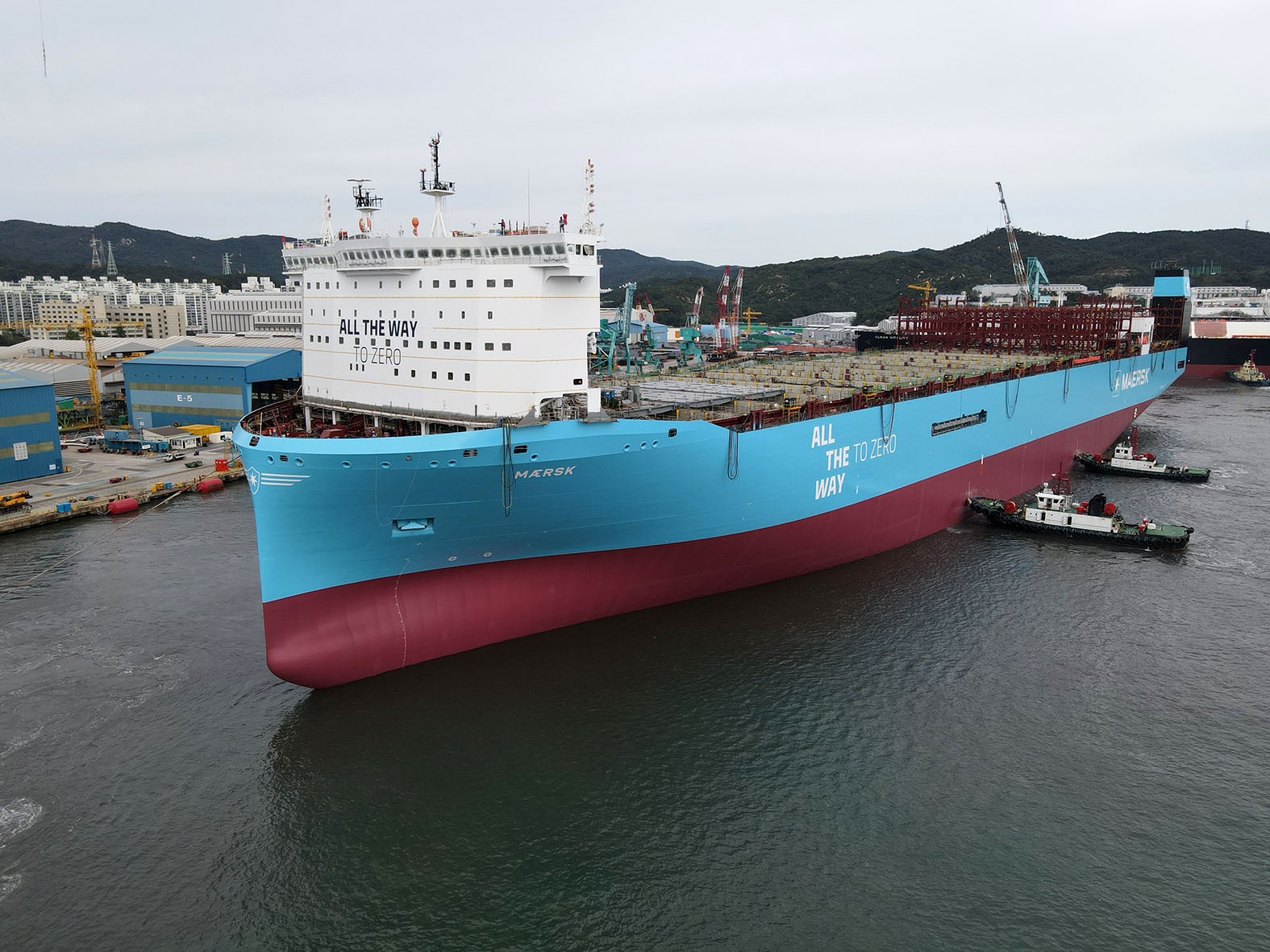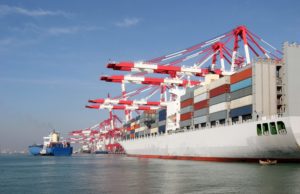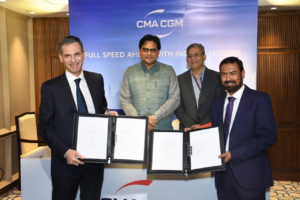Danish container giant Maersk is in the process of signing newbuilding orders and time-charter contracts for dual-fuel vessels matching the planned renewal pace of around 160,000 TEU per year.
Maersk vowed it would be sticking to its fleet renewal plan with the orders reaching a total of 50-60 combining both owned and chartered dual-fuel vessels equaling 800,000 TEU.
Approximately 300,000 TEU will be owned capacity while the remaining 500,000 TEU is planned through time-charter agreements.
The company outlined its newbuild policy with orders and charter deals that ensure a steady flow of needed capacity for its network for the years 2026-2030 while building a competitive toolkit.
Its intention is the ordered capacity to be a mix of owned and chartered, ensuring that Maersk maintains strong financial and operational flexibility while continuing to own a significant part of its strategic tonnage.
The vessels come in different sizes offering network optionality.
Maersk admitted that it will proceed with orders for dual fuel ships with the intent to operate them on low emissions fuel. It has elected a mix of methanol and liquified gas dual-fuel propulsion systems.
“The exact split of propulsion technologies will be determined considering the future regulatory framework and green fuels supply,” the company stated in a release.
The Danish giant foresees a multifuel future for the industry which includes liquified bio-methane.
Furthermore, once the vessels have been delivered, around 25% of the Maersk fleet will be equipped with dual-fuel engines.
As it is reported, Maersk has commenced the work of securing offtake agreements for liquified bio-methane (bio-LNG) to ensure that the new dual-fuel gas vessels provide greenhouse gas emissions reductions in this decade.
The company has previously announced the orders of 25 owned dual-fuel methanol vessels with 5 in service and 20 on order providing around 350,000 TEU of dual-fuel capacity.
“As the shipyard orderbooks have been filling up quickly and lead time for vessel deliveries have increased significantly, we decided to place orders and charter contracts of 800,000 TEU (twenty-foot equivalent) dual-fuel vessels, which ensures a steady flow of needed capacity for our network for the years 2026-2030 while building a competitive toolkit,” said Rabab Boulos, chief operating officer at Maersk.
“These orders will not add to the overall capacity and over time every vessel coming in will be replacing a scrapped vessel having reached end of life, ensuring that we maintain our fleet size at around 4.3 million TEU,” noted Ahmed Hassan, Head of asset strategy and strategic partnerships at Maersk.



